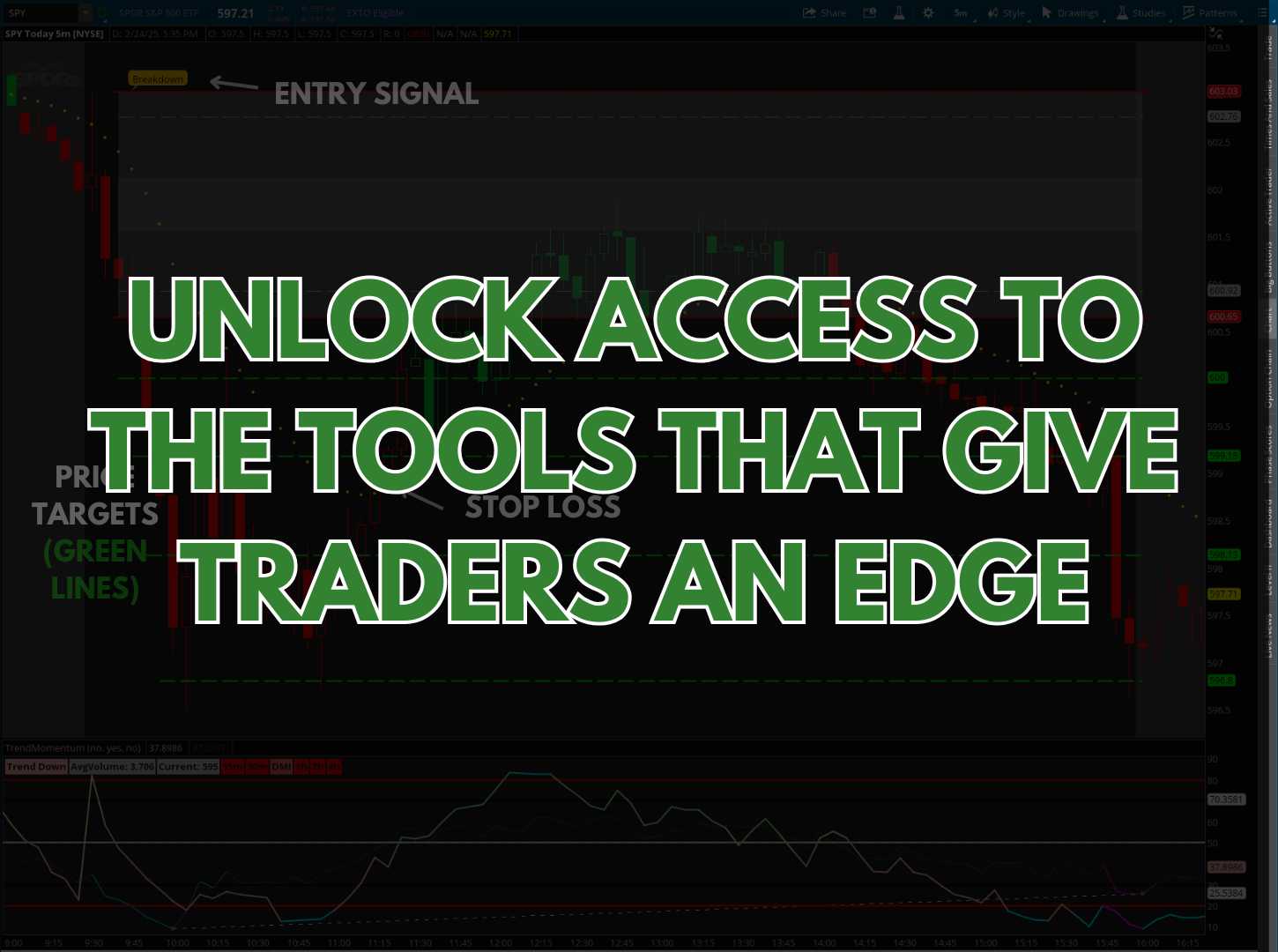Options: Why should you be trading options?
Aug 12, 2019
First, we need to understand what an option is...
Calls – A call option gives the buyer (owner) of that option the right to BUY 100 shares of an equity at a specified price (strike price) at the time of that options expiration. If you own a call and the underlying increases in price you make money.
Puts – A put option gives the buyer (owner) of that option the right to SELL 100 shares of an equity at a specified price (strike price) at the time of expiration. If you own a put and the underlying price falls you make money.
In order for the option to be of value at expiration the option needs to expire In – The – Money ( this means for a call, the price of the equity is at or below the strike price and for a put, the price of the equity is at or above the strike price).

Depending on when you bought the option a certain amount of premium was priced in, if purchased at 3:59 on day of expiration essentially no premium is priced in because you are just using the contract to buy or sell 100 shares of the underlying. However, if you buy an option a month away from expiration that time must be factored in and the implied change in price must be factored in as well.
You can find a ton of material online on exactly how options are priced and the relationships that connect them to the change in the underlying and it goes on forever but here’s what you REALLY need to know. Options are priced according to time and probability of being in the money and that’s basically it. The Greeks (delta, theta, gamma, Vega) tell us exactly how they are priced but we mainly focus on two.
Delta – how much $ are you going to make per $1 move in the underlying
Theta – how much money are you going to lose every day you hold onto this option.
**Theta Curve** - As options near expiration the amount they lose per day increases, under 30 days that amount increases at an exponential rate.
Now, why should we trade options? They lose money as they decay, they are complicated, they can be confusing, and heck we haven’t even gotten to complex strategies yet... My answer? LEVERAGE! One option control 100 shares of stock meaning for every $1 move in the underlying you can potentially make $100!
If you wanted to buy 100 shares of MSFT right now it would cost, you $13,700. If you wanted to control those same 100 shares this week you could buy a 128 call option with a delta of 1 for $970. If MSFT goes to 140 you will make $300 on that option or $300 on your $13700 purchase of the equity. As you can see with options your money has the potential to work a LOT harder for you.
Learn to Use Options!
In my course I have developed a strategy that teaches how to utilize options and enter high probability, highly profitable trades that can yield anywhere from 100%-1000% return in just days or even hours. Another very fun thing about options is flexibility. You don’t have to be a buyer; you can be a seller and increase the odds OR you can do BOTH to maximize gains while limiting risk via spreads. These are some of the more complex strategies I teach but can be VERY EASY passive income strategies.
🚀 Want Access to the System? Apply Today!
Join a community of traders using a proven, high-probability system to achieve consistent results. Apply Now and see if you qualify!
📩 Want to Receive the Weekly Market Analysis Every Sunday?
Stay ahead of the trends with expert insights, key levels, and trade opportunities for the week ahead.
We hate SPAM. We will never sell your information, for any reason.

